Related Research Articles

George A. Siegmann was an American actor and film director in the silent film era. His work includes roles in notable productions such as The Birth of a Nation (1915), Intolerance (1916), The Three Musketeers (1921), Oliver Twist (1922), The Cat and the Canary (1927), and The Man Who Laughs (1928).

George Fawcett was an American stage and film actor of the silent era.

Alfons Fryland was an Austrian film actor. He appeared in 47 films between 1921 and 1933. He was born in Vienna, Austria-Hungary and died in Graz, Austria.
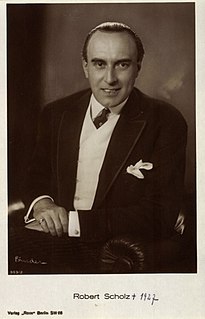
Robert Scholz was a German film actor of the silent era. He appeared in 76 films between 1919 and 1928. He was born in Germany and died in Berlin.
Willy Kaiser-Heyl was a German film actor. He appeared in 92 films between 1919 and 1952. He was born in Frankfurt, Germany and died in Berlin.
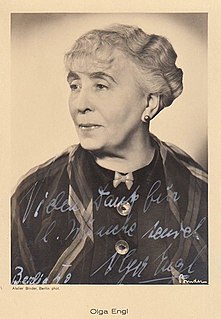
Olga Engl was an Austrian-German stage and motion picture actress who appeared in nearly 200 films.
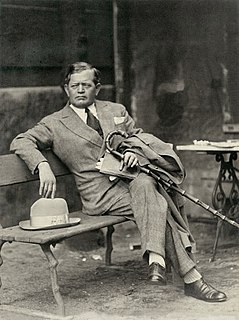
Albert Steinrück was a German stage and film actor of the silent era. He appeared in 88 films between 1910 and 1929. He starred in the 1923 film The Treasure, which was directed by Georg Wilhelm Pabst. He was also a leading role in the German expressionist 1920 film The Golem, in which he plays a rabbi.
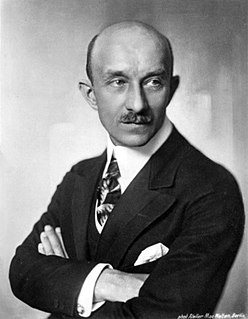
Hans Ferdinand Junkermann was a German actor. He was married to the Austrian actress Julia Serda.

Leopold von Ledebur was a German stage and film actor.

Charles Willy Kayser was a German film actor.
Willy Goldberger was a German-Spanish cinematographer. On some Spanish films he is credited as Guillermo Goldberger.

Hermann Vallentin was a German actor.
Frida Richard was an Austrian actress.
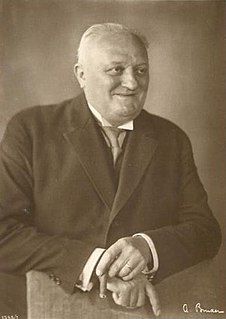
Wilhelm Diegelmann was a German actor.

Heinrich Felix Erich Kaiser-Titz was a German stage and film actor.

Curt Courant was a German cinematographer who worked on over a hundred films during the silent and early sound eras. Courant worked in several European countries, collaborating with figures such as Alfred Hitchcock and Fritz Lang. As he was of Jewish ancestry, Courant was forced to leave Germany in 1933 and go into exile following the Nazi takeover of power. Courant worked at several of the leading British studios during the mid-1930s. He is the father of Willy Kurant who also became a cinematographer.
Hermann Picha was a German stage and film actor. Picha was extremely prolific, appearing in over 300 short and feature films during the silent and early sound eras. Picha played a mixture of lead and supporting roles during his career. He played the title role in the 1920 film Wibbel the Tailor, directed by Manfred Noa. He appeared in Fritz Lang's Destiny.
Willy Reiber was a German film director, producer and set designer. For many years he worked for the forerunners of Bavaria Film at the Emelka Studios in Munich.
Willy Gaebel was a German cinematographer active during the silent era. Employed on a number of films at the major studio UFA, he later worked as a still photographer.
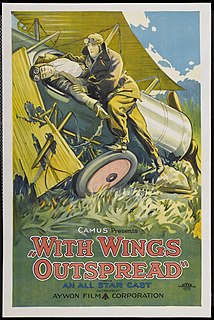
Aywon Film Corporation was an American film distribution company of the silent era. Founded in New York by Nathan Hirsh it was active between 1919 and 1929. The company mainly released western and action films but also handled several foreign imports such as The Blue Danube, The Hands of Orlac, The Prude's Fall and The Pleasure Garden.
References
- ↑ Jelavich p.150